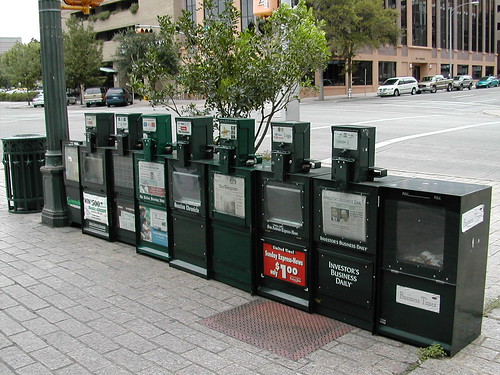
Yesterday's arrest of Rep.
Chris Collins (R-N.Y.) was big news today. I turned on CNN for about 10 minutes because I was curious to see how they were covering it. Nothing about the coverage I saw struck me as remarkable. Their reporting seemed entirely fact-based, with no attempt to over-interpret anything and no obvious political slant. They referred to "Congressman Collins" repeatedly without identifying his political party, and there was barely any mention of President Trump aside from the fact that Collins had been an early supporter. All in all, it seemed like how news is supposed to be covered in the sense that they were simply reporting the facts.
I switched over to MSNBC to see how they were treating the story and was quickly reminded of why I have not watched MSNBC for a few years. Breathless pundit after breathless pundit pontificated about the meaning of the arrest for Trump. Would Trump's supporters finally abandon him over this? Some of these pundits appear to be so disconnected from reality that they still seem to think that is going to happen any day now. But perhaps the most striking difference was far more subtle. They did not mention Collins without attaching "Republican" to him. Had I not just switched over from CNN, I might not have noticed this. In fact, I am reasonably sure I would not have noticed it. I'd guess that regular MSNBC viewers wouldn't notice it either.
We hear a great deal about bias in the
mainstream news media these days. It can be quite blatant at times (e.g., many of the more opinion-oriented shows on Fox News and MSNBC). It can also be fairly subtle, so much so that the regular viewer probably doesn't notice. The coverage I saw was not one of these opinion-oriented shows; it was about as mainstream news-oriented as anything MSNBC does. And yet, the contrast with the far more objective reporting from CNN made it painfully clear that they were pushing a particular narrative.



















